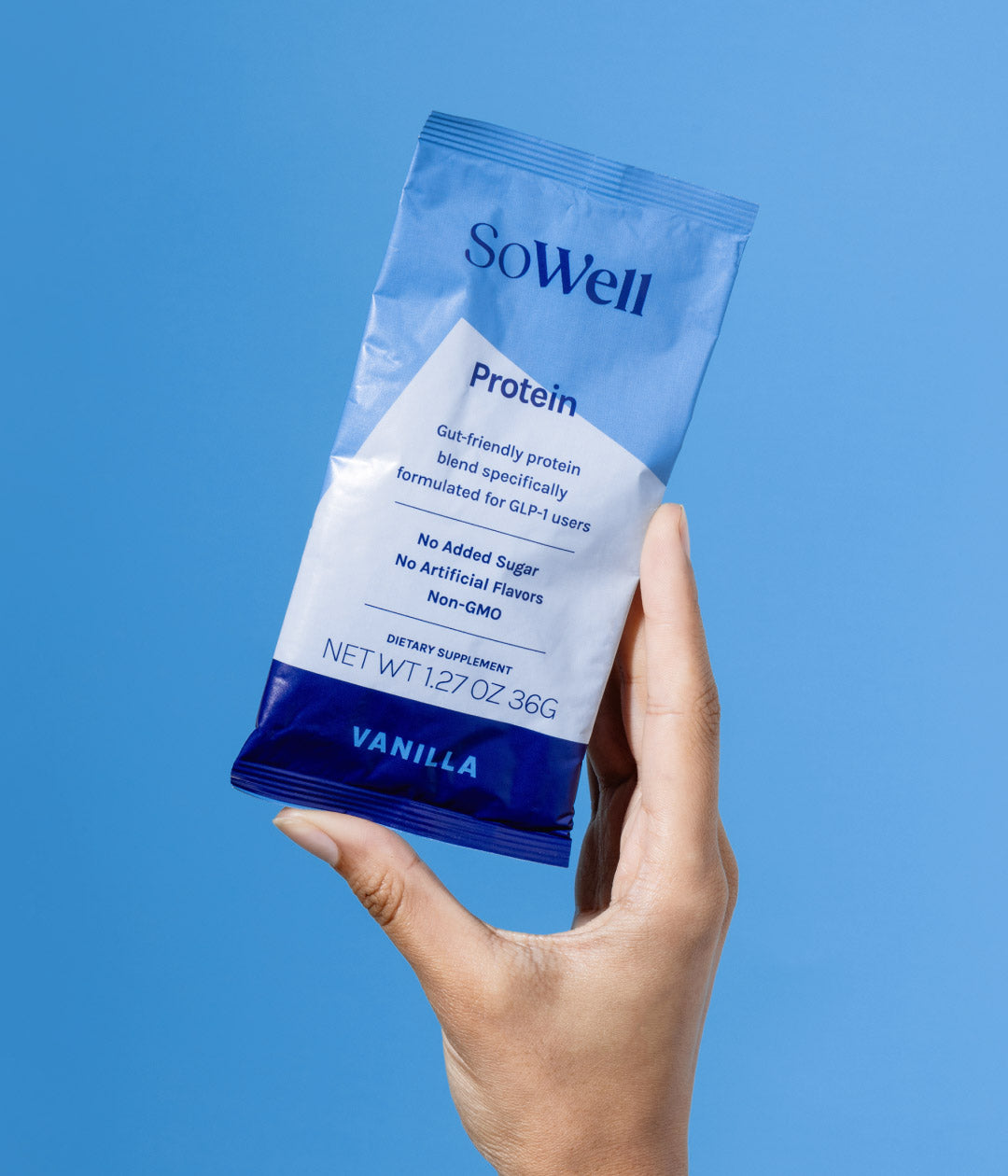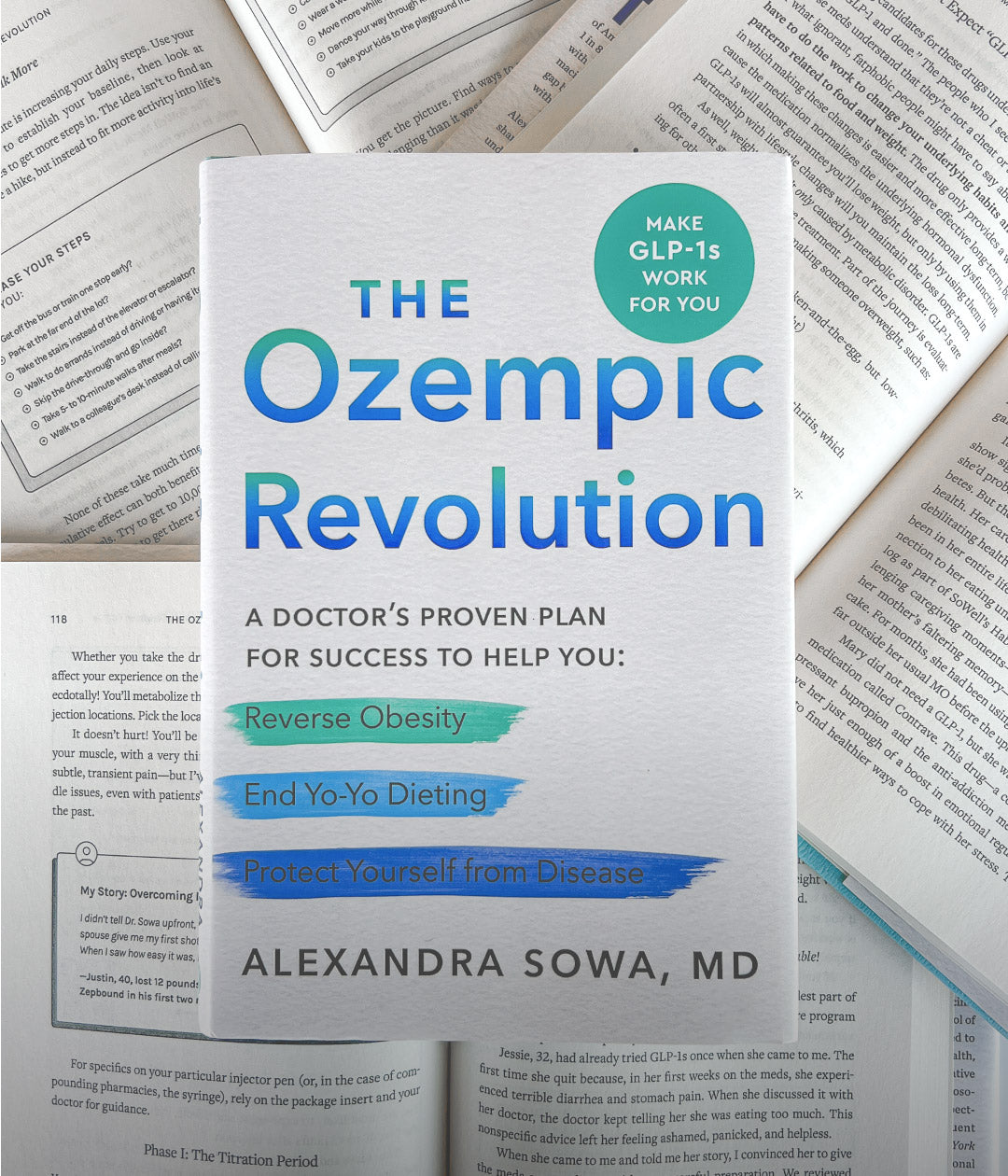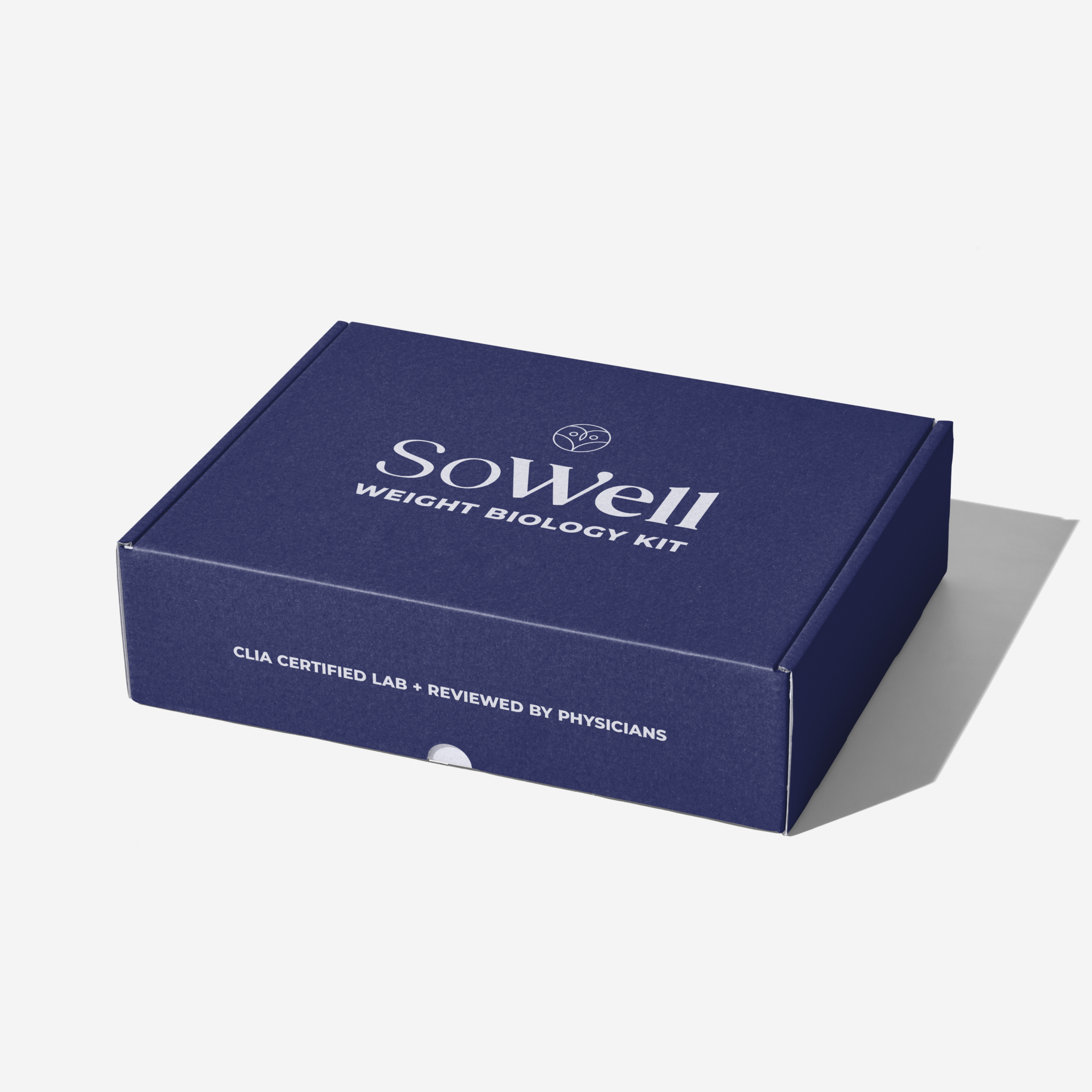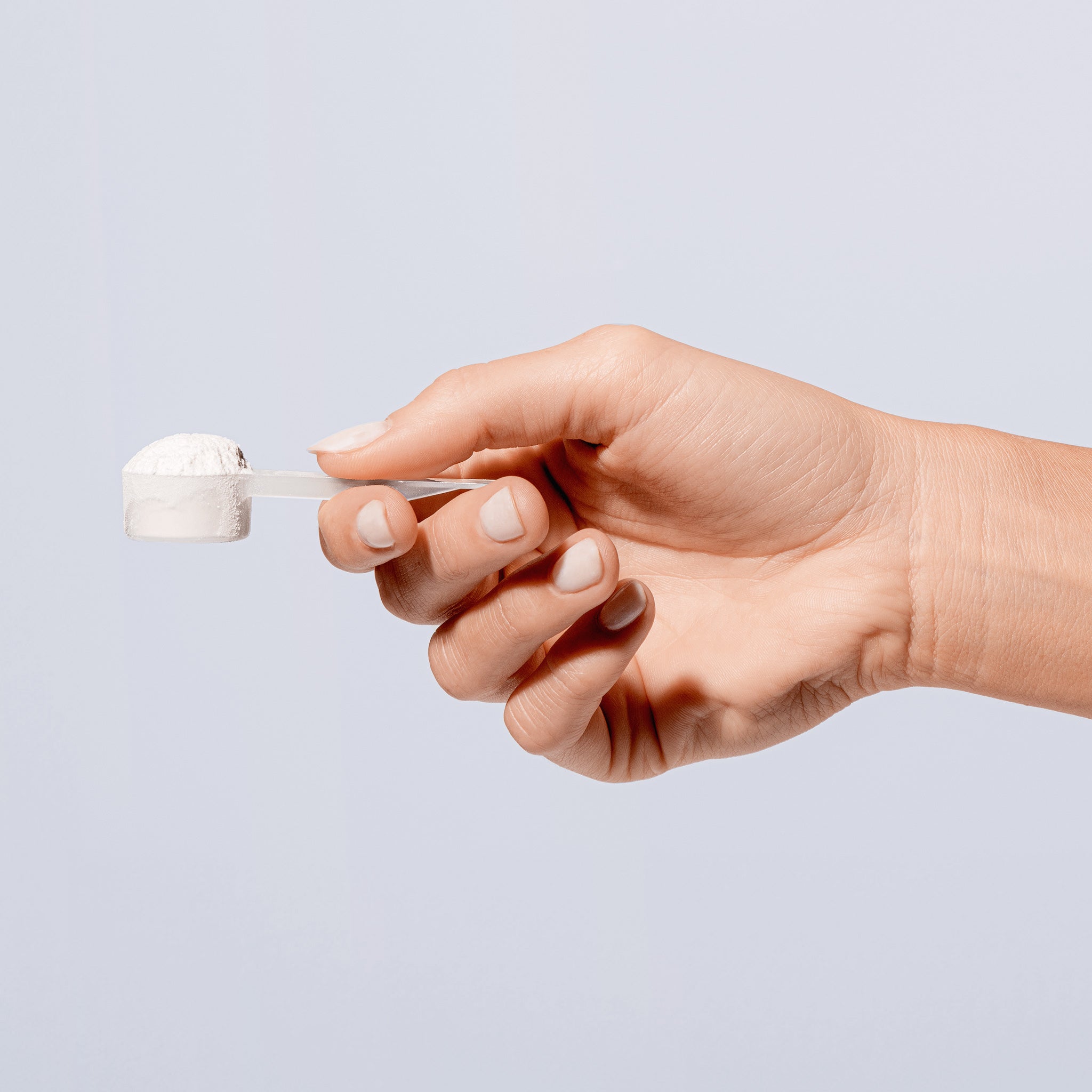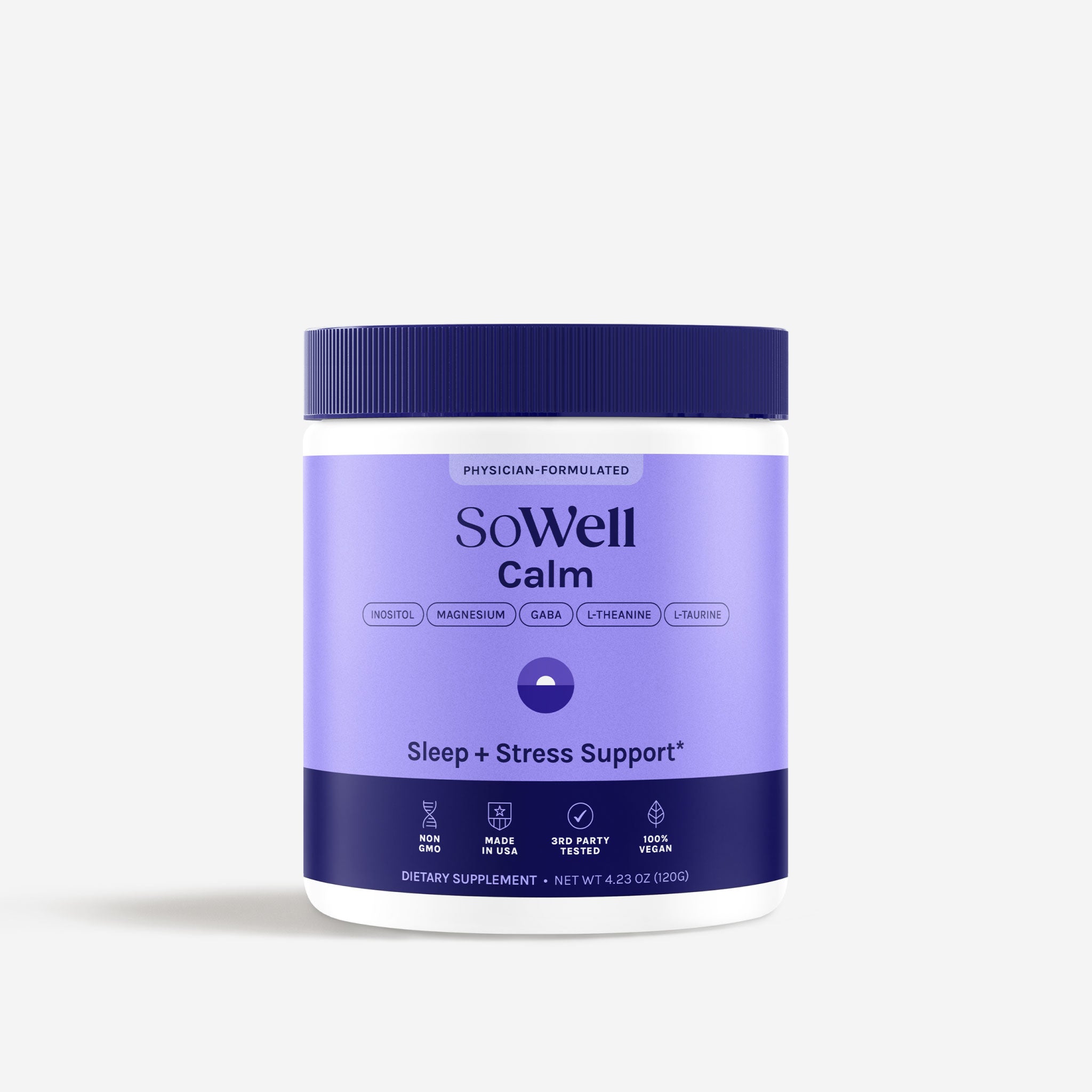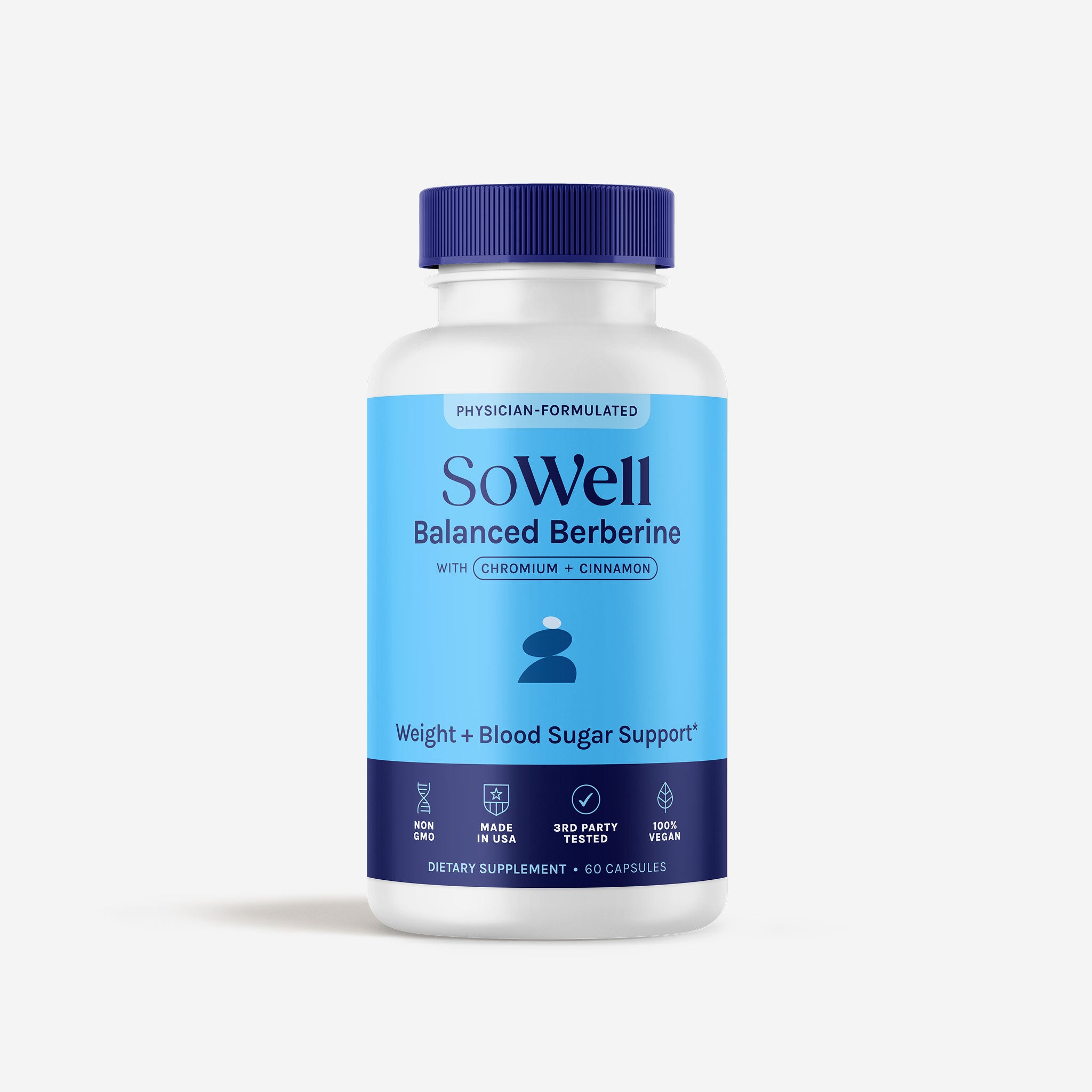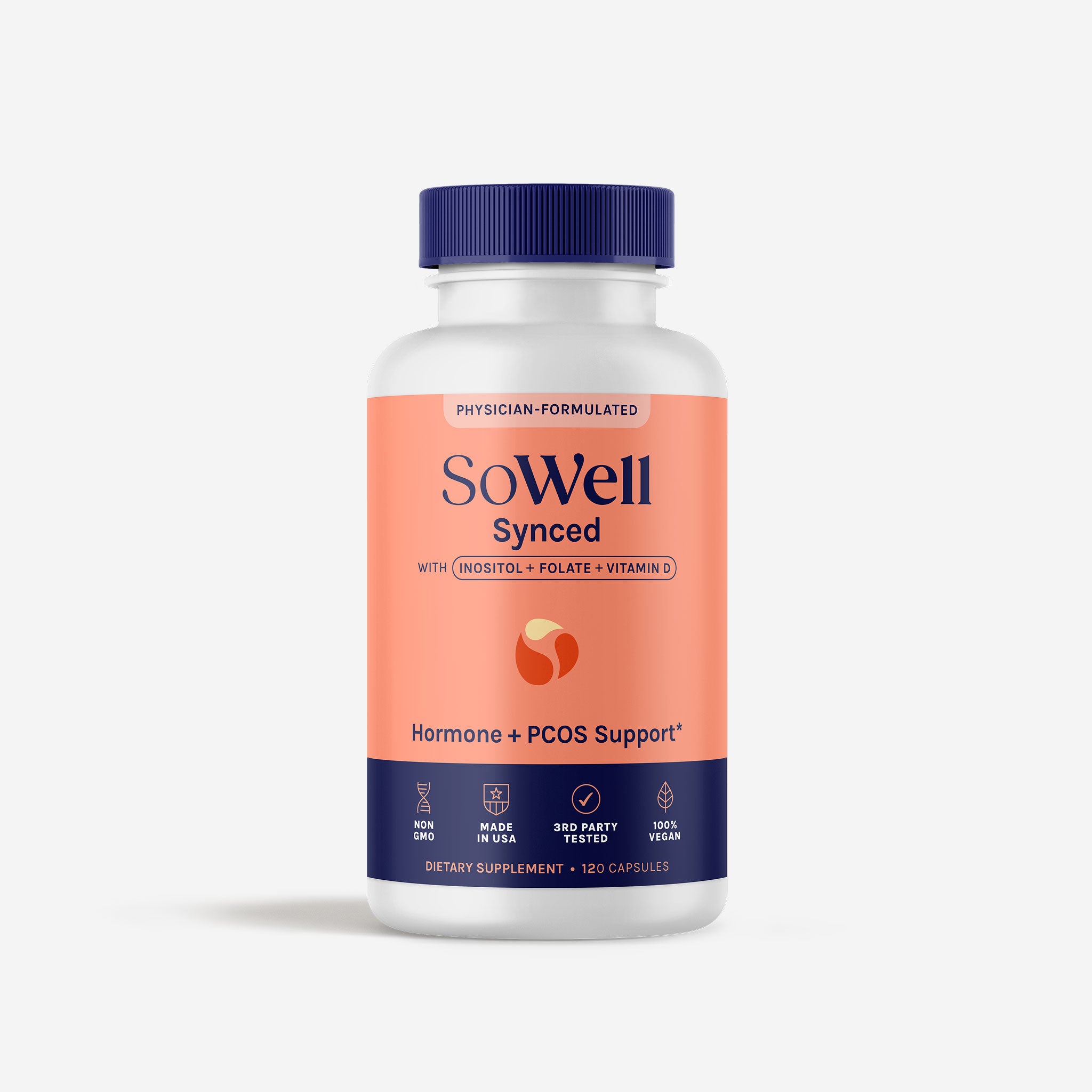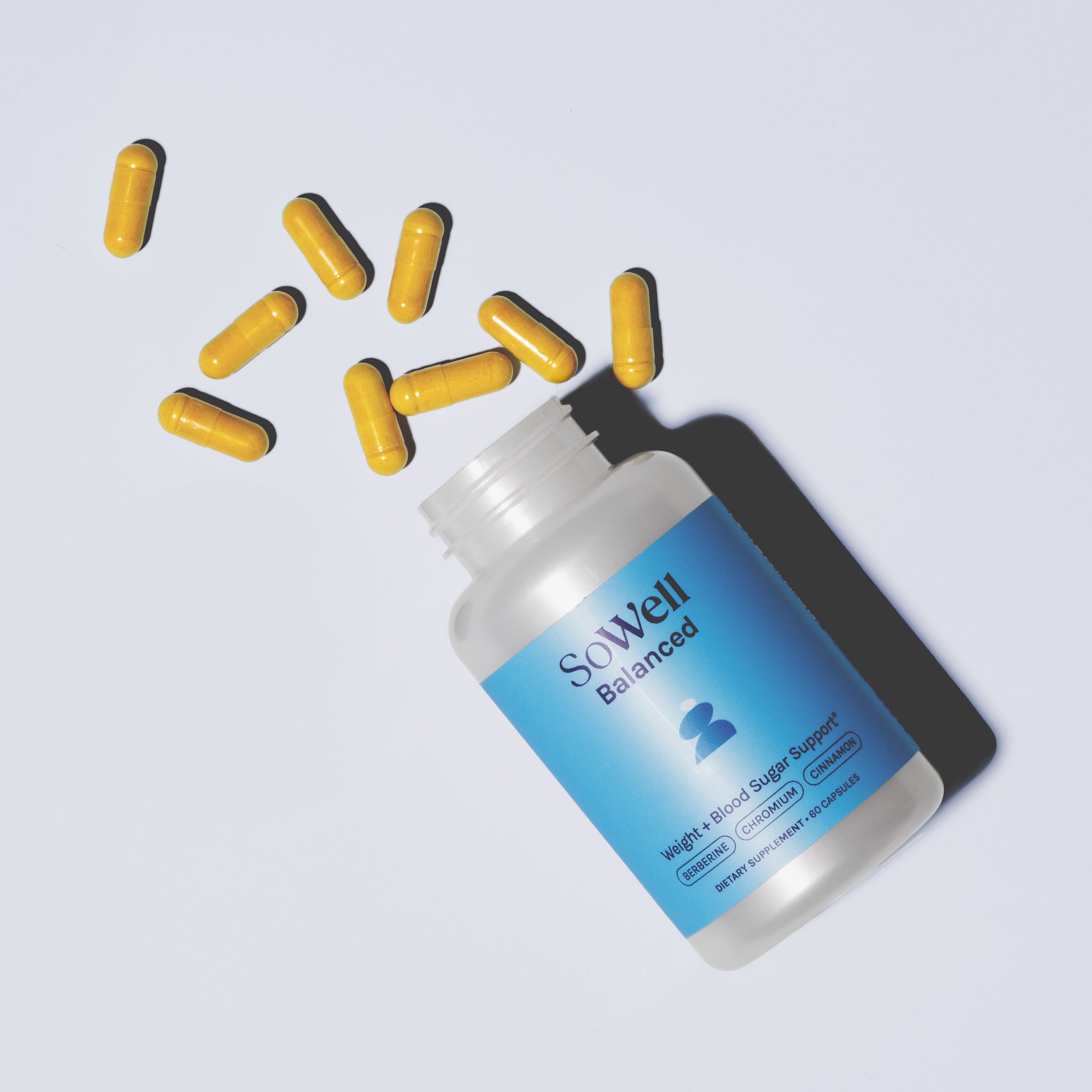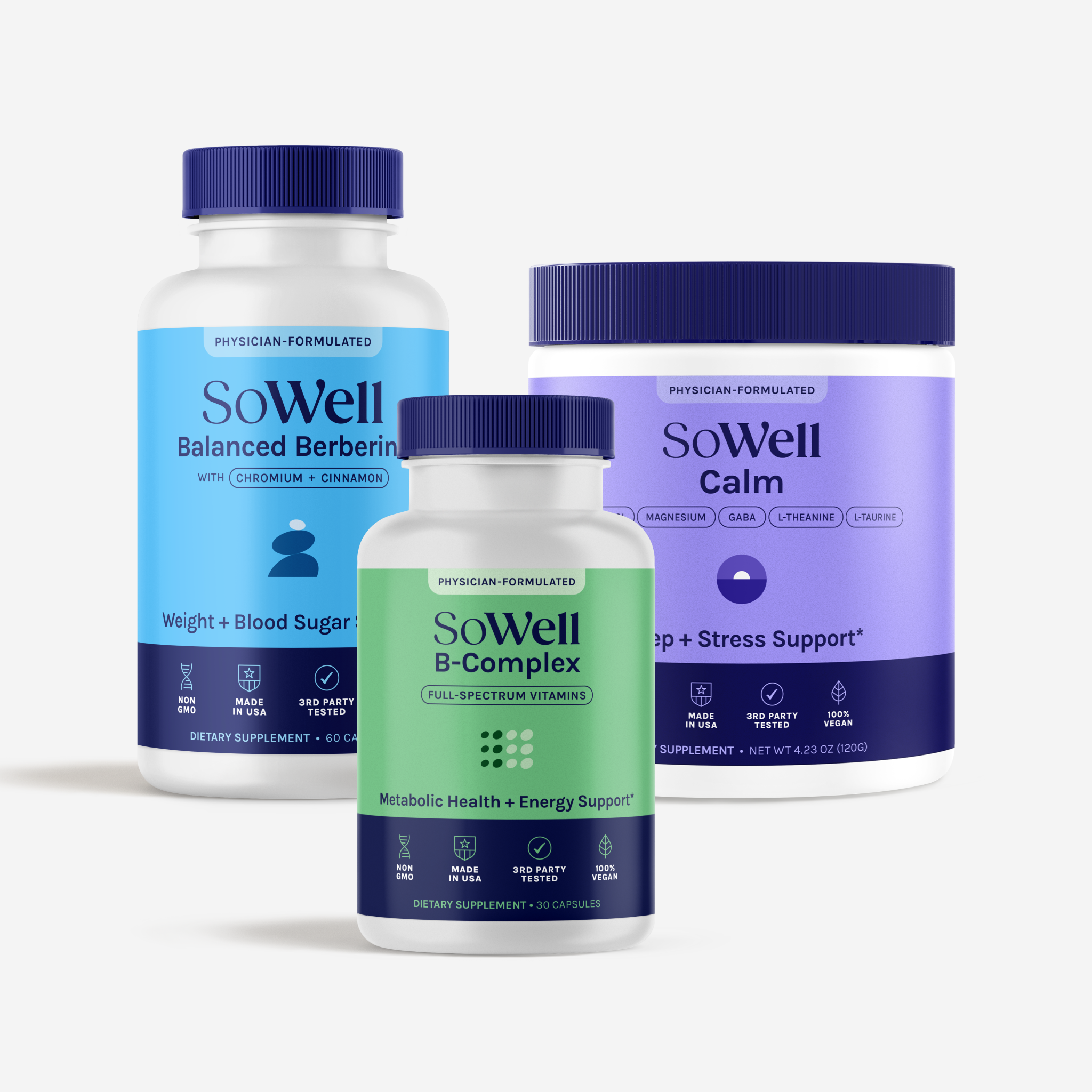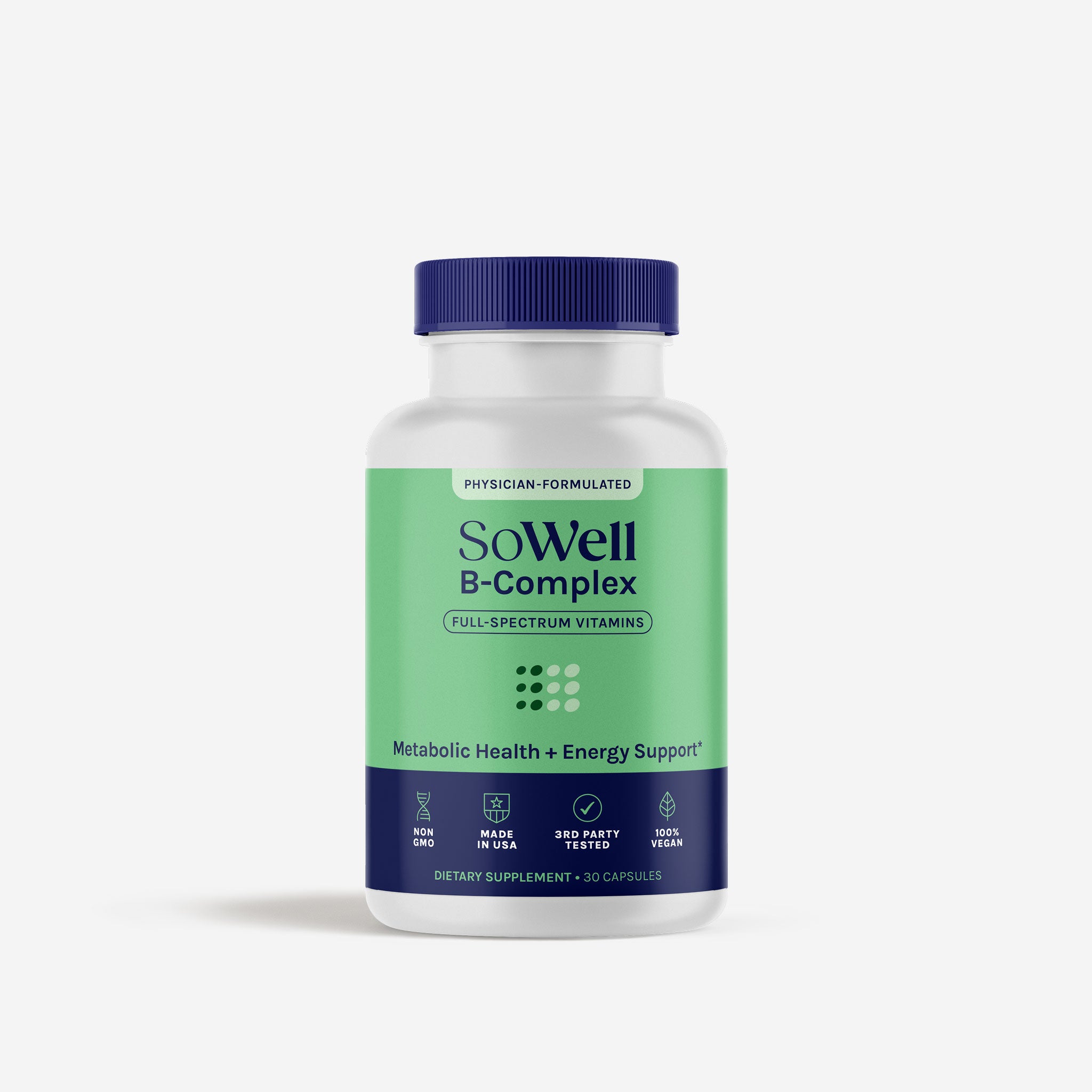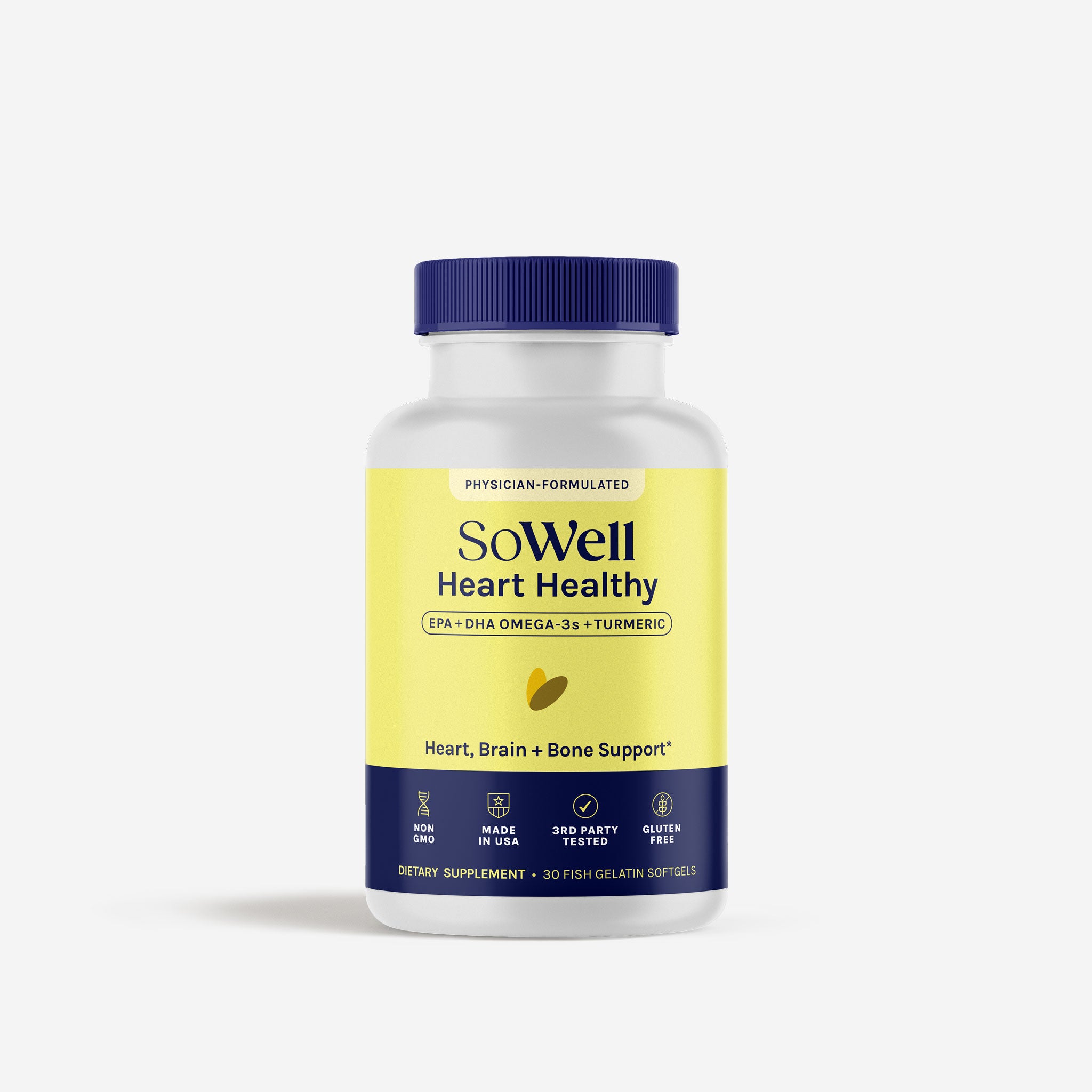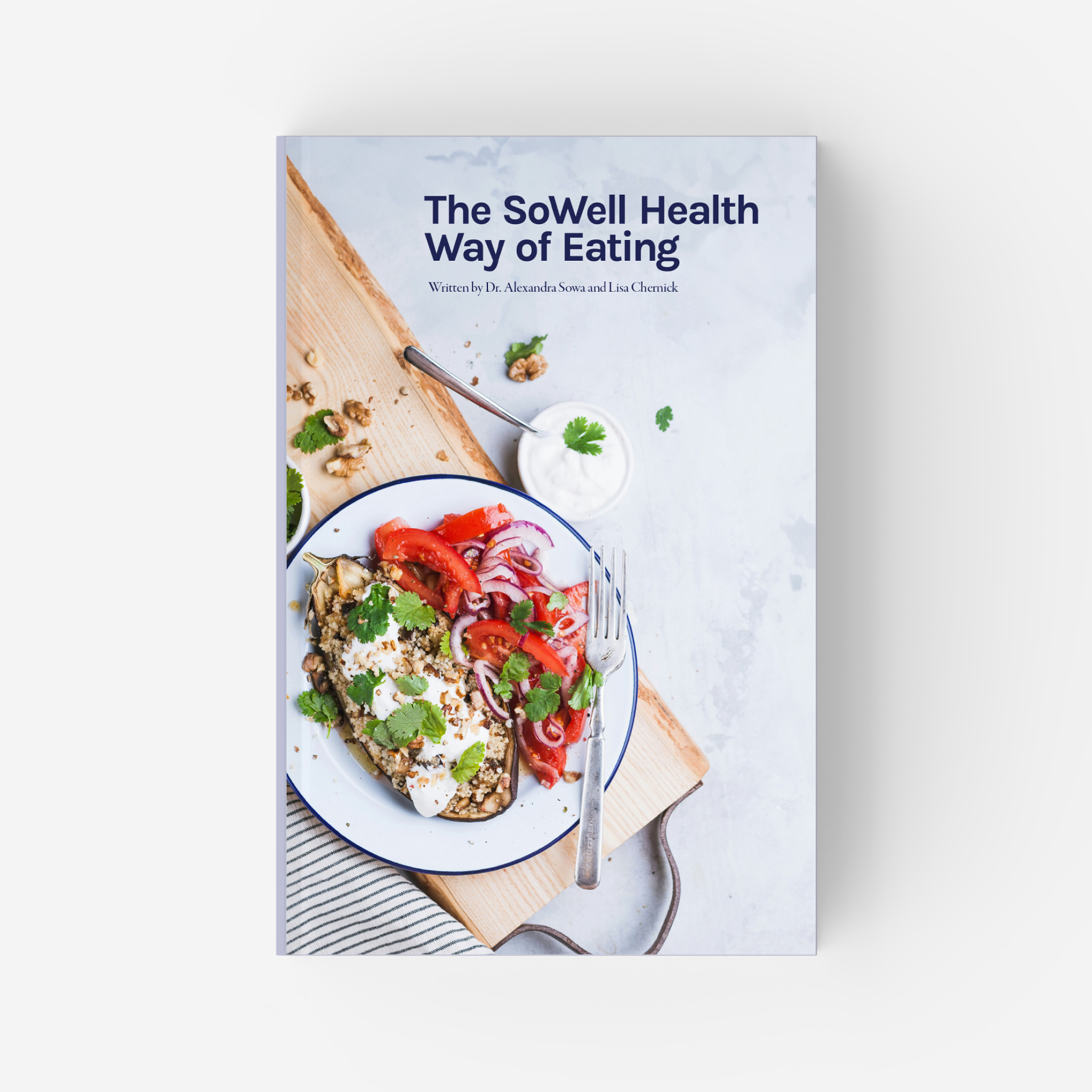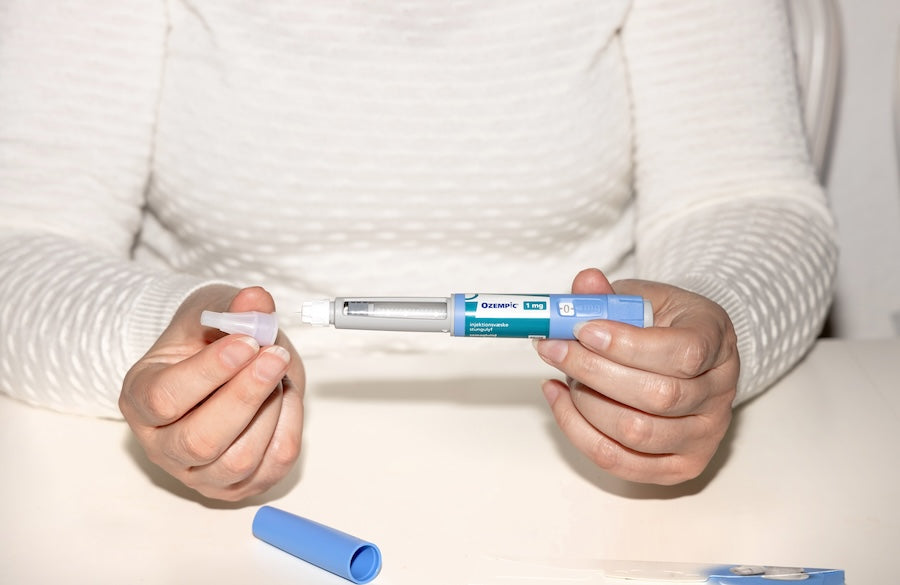
Quick links:
- Download our official guide to FDA-Approved Weight Loss Medications
- Calculate your BMI
- Test your labs with the Weight Biology Kit
With all the buzz surrounding drugs like Ozempic and Wegovy, you might be wondering if they’re a good option for you to reach your health goals. Since there’s so much hype and misinformation out there, we’re here to arm you with the facts to help you make an informed decision.
Just remember—choices about managing your health, and especially your weight, are as much personal and emotional as medical. Your body and your health goals are uniquely yours; there’s no one-size-fits-all. You, alongside your doctor, should be the final authority on whether or not you give GLP-1 drugs a try!
Do You Think of GLP-1s As a Quick Fix?
If so, they probably aren’t for you. With Ozempic in so many headlines and so many armchair experts making uninformed claims about GLP-1s, a common misconception is that these drugs are a fad or, worse, a shortcut for people who don’t want to put in the work to lose weight.
The people who succeed in keeping weight off, with or without GLP-1s, are the ones who make a life-long commitment to finding and maintaining the weight that supports peak health, which is different for everyone.
GLP-1 medications represent a significant advancement in healthcare, far beyond the scope of typical fad diets. For decades, doctors have struggled to help their patients achieve and maintain a healthy weight; but now we have an empirically validated tool that really works for preventing and treating some of the most common diseases that deprive people of their highest quality of life.
These medications are part of a comprehensive approach to achieving and maintaining a healthy weight—they aren’t a one-and-done solution. Yes, they are the heavy lifters. But they aren’t magic! For most people, GLP-1s are what allows them to actually see results from their weight loss efforts, which can feel like magic for those who have had a lifelong struggle.
Do You Have Excess Weight To Lose?
Okay, now that we’ve talked about mindset, let’s get into the medical eligibility of qualifying for GLP-1s, starting with BMI.
The Food and Drug Administration (FDA), the agency that regulates prescription medication in the United States, uses body mass index (BMI) to determine eligibility for GLP-1s like Wegovy and Zepbound.
Based on their standards, if you have a BMI of 30 or more, you will qualify for these drugs. Medically, BMIs above 30 are classified as clinically obese—meaning they’re in the range where excess weight is strongly statistically likely to impair health.
Find your BMI
Now, we know that words like “obese” come with a huge stigma in our society. But obesity is not a reflection of your willpower, value, or importance as a human being. It’s a medical state, nothing less and nothing more. Please keep that in mind when using tools like BMI!
Do You Have a Metabolic Health Condition?
If you have a metabolic health condition, like type 2 diabetes, PCOS, or metabolic syndrome, GLP-1s will be even more important for you in the weight loss journey, since these conditions make it harder to drop excess pounds.
According to the FDA, if you have a co-occurring condition, you only need a BMI of 27—instead of 30—to qualify for a GLP-1 drug to manage your weight. This is great news because we know that when insulin resistance is even in its early stages, it can wreak havoc down the road. Starting on a GLP-1 earlier rather than later can help reverse and prevent further disease.
Also, health is often one of the biggest motivators for people who are most successful on GLP-1s. Losing weight for the sake of it can become demotivating very quickly. But when you think about being able to spend time with your grandkids or do your favorite activities without pain, there becomes a deeper reason to commit to a healthier weight.
Ask yourself, “is my excess weight affecting my quality of life or putting me in danger?”. Each person has to define what’s acceptable for themselves, and everyone has a different threshold for what risk they are willing to take on. But if your gut—based on all the information you have—says yes, GLP-1s may be right for you.
What Do Your Labs Say?
Reality check: BMIs are only a screening tool, and weight itself isn’t always a health problem. Not everyone who is obese is metabolically unhealthy, and not everyone who is metabolically unhealthy is obese. That’s why looking at labs is crucial!
The five criteria for what we call metabolic disorder, tell you much more about your individual health than the number on the scale or your BMI. They are:
- High blood pressure (>130/85)
- High triglycerides (>150 mg/dL)
- Low HDL cholesterol (<40 mg/dL in men or <50 mg/dL in women)
- Central adiposity (waist circumference >40 inches in men or >35 in women)
- Elevated fasting glucose (>110 mg/dL)
The more of these criteria you meet, the more likely you have insulin resistance that is thwarting your efforts to lose weight – and the more likely you are to experience cardiovascular disease, like a heart attack or a stroke. Metabolic disorder is only one of a raft of weight-related health issues that lead people to make losing weight a health goal. But it is a helpful place to start.
If you aren’t sure of your current labs—or your doctor has never broken down these metabolic markers for you—you can test your labs at home and get a full metabolic assessment with SoWell’s Weight Biology Kit.
So You’re a Good Fit, What Next?
If, after reading this blog post, you think you’re a good fit for GLP-1 medications, there are a few ways you can proceed. We recommend downloading our Complete Guide to FDA-Approved Weight Loss Medication, which breaks down the pros and cons of the current drugs on the market and outlines how to talk with your doctor about them.
Hands down, your doctor is the best person to talk to about the next steps. But if you’re looking to work with an obesity medicine physician specifically, you can apply to SoWell’s Virtual Weight Clinic here.
